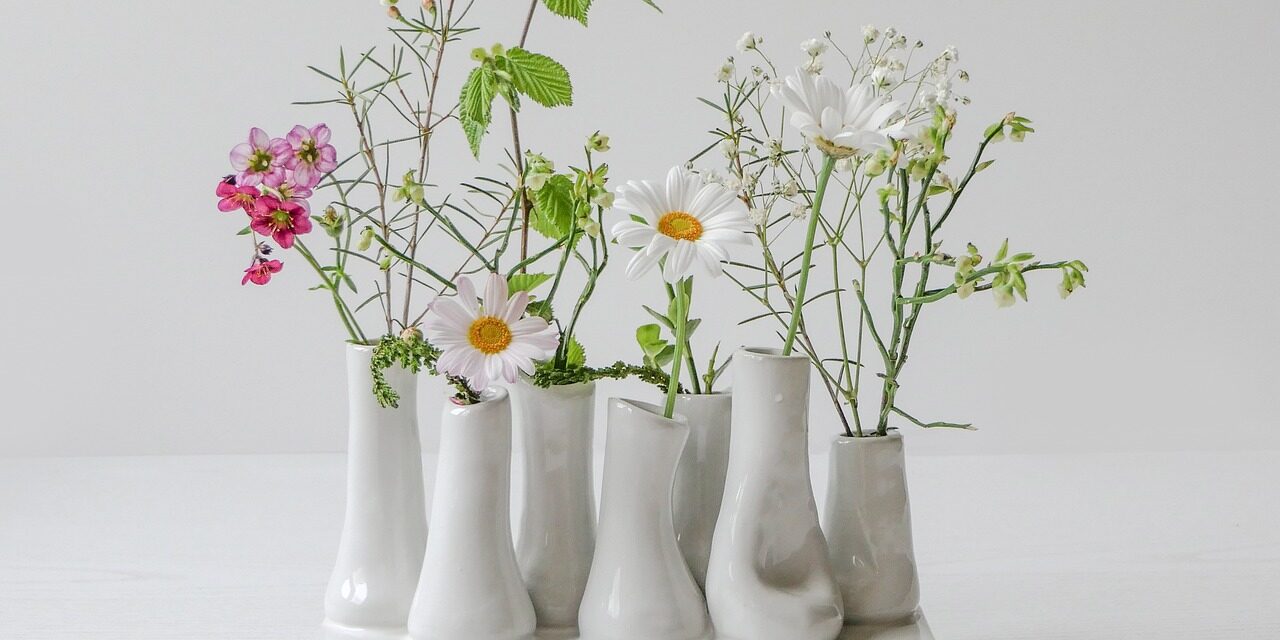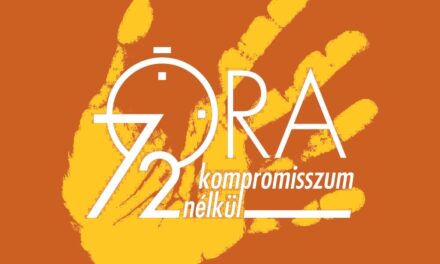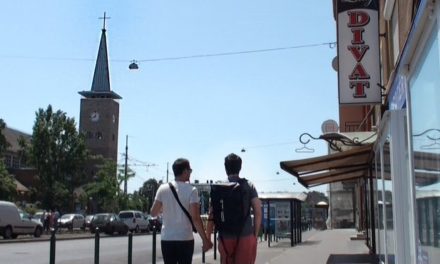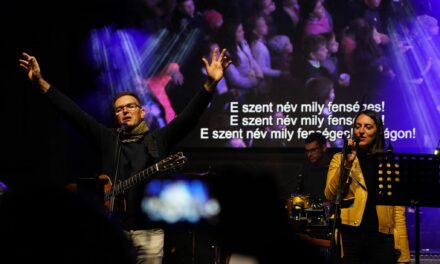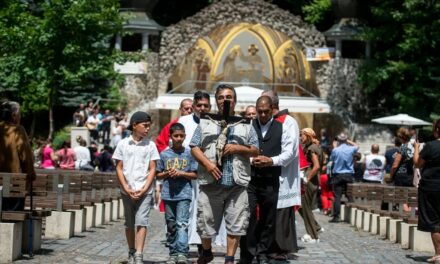Secret with seven seals, nobleman with seven plum trees, piglet with seven piglets, the sun shines on seven branches, whistling on seven trees..., seven-headed dragon, seven like the wicked, seven lives, seven beauty, seven sleeper, seven villager, seven ladder, seven beyond the country, seven boundaries of the county of Hetvár, seven trials villain, ordinary , bent into seven folds, seven narrow years, seven deadly sins, seven sacraments, seven mothers in pain... - so many images, qualities, so many seed truths.
And we can also think about our senses: sight, hearing, taste, touch, smell, our consciousness itself, with which we perceive that we live - and we can also add the seventh, the sense of faith, intuition. This is where the Holy Spirit is revealed.
Disregarding pagan or Jewish number mysticism, our language has as many branches as there are new shoots from the seven-syllable bush - which surely refers to the seven days of seven. But now, after Pentecost, let's not deal with the ramifications of these meanings, but let's fill ourselves with the seven gifts of the Spirit.
It probably has something to do with the completeness of the number seven (indeed!), but when put in order, it turns out that these gifts encompass the whole of our lives. All are needed: wisdom, understanding, science, piety, counsel, strength, godliness.
These are all spiritual delicacies that ensure the passage between our soul and the Holy Spirit. The Spirit of God passes through them and influences us in the direction of good. Gifts of existence. They indicate that our lives have spiritual, or rather spiritual, foundations. This is the basis of the secret of our human existence, our happiness, our "success". Through these, we recognize the outpouring of the Holy Spirit in its everyday concreteness.
Gifts because you don't have to pay for them. But it couldn't be. Don't even buy it. They are free. Many times we don't dare, we don't know what to do with them, because they force it on us every day: "everything has a price"... And not a value.
God, on the other hand, gifts me with himself out of free love. He doesn't look at the price tag, he simply gives and is happy to give. That's why His gift (our life, nature, air, water, health, loved ones, - in other words, everything) does not have a price, but a value: love. Love without interest. Which doesn't work. What cannot be earned. You can only get it and wait. Accept, take in, as a gift, like a child. At most ask. But very much so. And a request is not an order. It is not possible to pay in advance or immediately with prayer. He gives it to us slowly, step by step, gradually. And if we work together with his grace to widen the receptive field, sharpen our spiritual antennae, then the result is growth. Growth in the soul, in faith, in love, in virtues. It is true that this can be measured in decades - even if our relationship with God is intense.
We often imagine that we will pull it together at the last minute, like before the exams, take private lessons, and then the miracle will happen. At the bottom of the mountain, the performance is quickly broken.
A father wanted to see for himself what his son needs to learn in school these days so that he can successfully graduate from high school. He went in and, talking to the class teacher, asked:
"Does my son have to learn all this?" Couldn't there be an easier, faster and shorter route? The teacher answered him:
"Look, of course you're right." It is also possible for your son to choose the easier and shorter route. It all just depends on what your dear son wants to be. When God wants an oak tree, it can take up to twenty years. The pumpkin, on the other hand, ripens in two months, it just needs to be watered...
Péter Sebestyén, parish priest of Csíkszenttamás / Katolikus.ma
Featured Image: Pixabay

